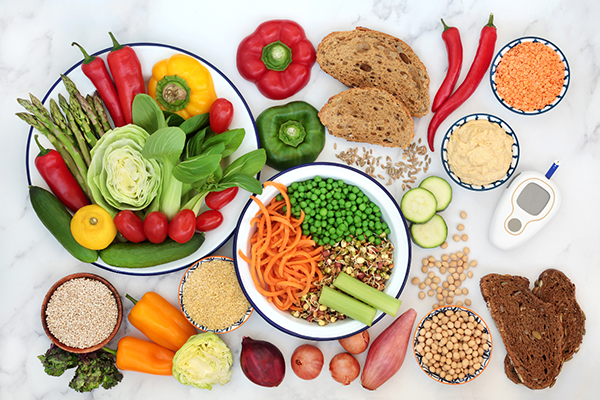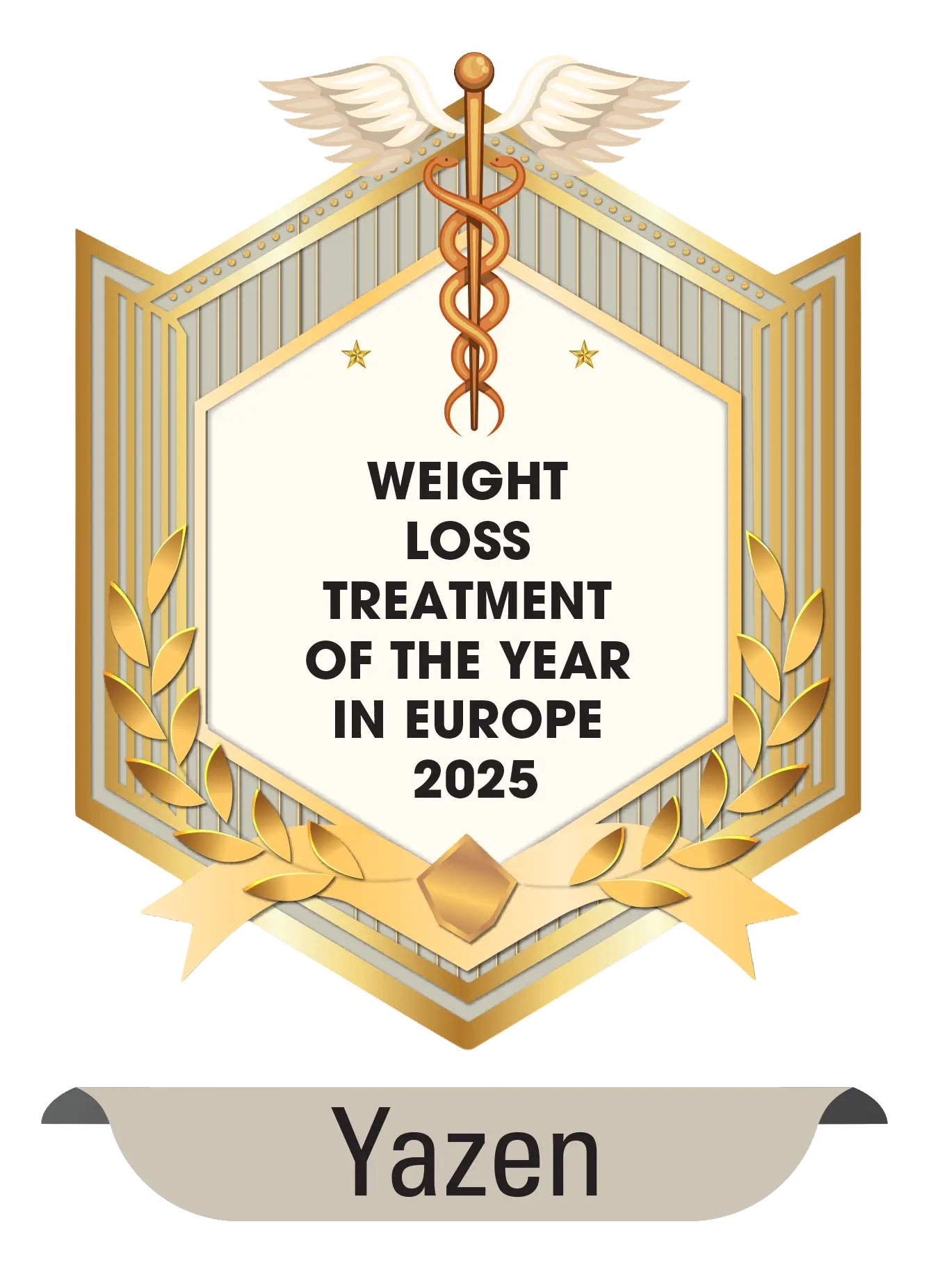Navigating weight management with PCOS: how changing your diet can relieve your symptoms

For those living with Polycystic ovary syndrome (PCOS), maintaining a healthy weight can be challenging. PCOS disrupts ovarian function, leading to increased testosterone production. Elevated levels of testosterone can stimulate hunger and cravings, particularly for refined carbohydrates, which increases the risk of weight gain.
When managing both excess weight and PCOS, weight loss is the main focus in the treatment, as weight reduction can help restore hormonal balance and alleviate symptoms. Weight loss can also improve reproductive health.
What should I eat?
The recommended diet for managing PCOS when overweight focuses on nutrient-rich foods with lower calorie content to create a calorie deficit. However, it can be a challenge to consume fewer calories when experiencing intense hunger and cravings. Combining GLP-1 medications with a nutritious and filling diet can help address this challenge more effectively.
Choose nutrient-rich food
When consuming fewer calories, prioritising nutrient-dense foods is crucial to ensure your body gets all the essential nutrients it needs to function properly. The Mediterranean diet, which shares similarities with the Nordic Nutrition Recommendations (NNR), is often recommended for managing PCOS and can be beneficial to follow.
Foods to eat more of
- vegetables
- fruits and berries
- legumes
- root vegetables
- fish and seafood
- nuts and seeds
Foods to switch to
- white bread, rice, pasta to whole grain products
- full-fat dairy to low-fat dairy products
- butter and cream to oils and vegetable fats
- red meat, sausage, bacon to fish, chicken and legumes
Foods to eat less of
Foods that are high in calories without providing any nutrition or satiety, such as
- white bread
- cookies
- sweets
- snacks
- sugary drinks
- alcohol
Choose filling food
To stay satisfied longer, choose foods that provide lasting satiety. Three important factors for satiety are high water content, fibre, and protein. Examples of filling foods are boiled potatoes, fish and seafood, fruits and berries, oatmeal, quark and cottage cheese, lean meat and chicken, eggs, beans and lentils, vegetables and root vegetables, and whole grain products.
Finding hope on your weight loss journey while managing PCOS
A weight loss journey is often long, and changing habits takes time and patience. Take small steps forward based on your own circumstances, and be kind to yourself along the way. By making conscious choices about your diet and physical activity, you can improve both your health and well-being while living with PCOS.

April 28, 2024
June 26, 2024
More articles
Fasting for weight loss: guide, risks and benefits
Fasting and intermittent fasting are popular ways to lose weight and improve health – for example through 16:8 schedules and the 5:2 approach. Many people experience better appetite control and a clearer daily structure, but the method is not suitable for everyone and may involve risks. In this guide, we go through what fasting is, its potential benefits and risks, and how it can be combined with Yazen’s comprehensive treatment for overweight and obesity.
Weight loss supplements: options, effects and risks
Weight loss supplements are often marketed as quick, easy fixes, with promises of reduced appetite, more energy and increased fat burning. In reality, the effect is usually modest. In some cases they can be a small addition to a healthy diet, but they do not replace what really affects weight and health in the long term: everyday habits, energy balance and behaviour.
Low-GI foods: recipes and guide
The GI method was originally developed to help people with diabetes, but has since become a popular approach for healthier eating and more stable blood sugar levels. GI (glycaemic index) describes how quickly carbohydrates are broken down and absorbed into the bloodstream – the lower the GI, the more slowly blood sugar rises. In this guide, we explain what low-GI foods are and share practical tips for creating meals with a lower glycaemic index.




.svg)
















